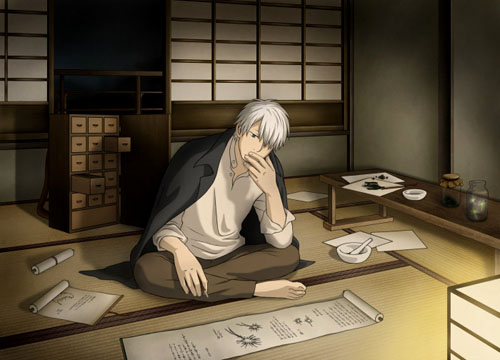 I’ve been reading Harvard Divinity School Professor Harvey Cox’ 1977 book, Turning East. He discusses some of the reasons American youth of the 70’s were looking towards the spirituality of Asia. One of his positions is that the “dropping out” of the 1960’s left many feeling empty. Many who dropped-out with drugs still craved the communal, experiential “trip” that drugs and drug counter-culture provided. Still anti-Western and anti-traditional, they looked to the religions of the East. They enjoyed the community and person-connectedness found in these unfamiliar traditions, especially after the protestant and Catholic churches of the 1950’s did not provide more than simply doctrine and law.
I’ve been reading Harvard Divinity School Professor Harvey Cox’ 1977 book, Turning East. He discusses some of the reasons American youth of the 70’s were looking towards the spirituality of Asia. One of his positions is that the “dropping out” of the 1960’s left many feeling empty. Many who dropped-out with drugs still craved the communal, experiential “trip” that drugs and drug counter-culture provided. Still anti-Western and anti-traditional, they looked to the religions of the East. They enjoyed the community and person-connectedness found in these unfamiliar traditions, especially after the protestant and Catholic churches of the 1950’s did not provide more than simply doctrine and law.
This book is as old as I am. But, as I look today, more than 30 years later, I wonder if some of the same desires for community and something experiential drive the postmodern condition. As I look at the hard-core evolutionists and other sorts of modernists, perhaps they too are craving the same cohesive community, but cannot look outside of themselves for truth? Is the rest of society more Eastern without even realizing it. How much misinterpreted Zen have we internalized in our own contexts?
Cox, not misinterpreting Zen (after studying various sutras) claims to have adopted meditative practices from Eastern religions, without adopting their doctrines; he compares meditation to taking mini-shabbats, as practiced for millenia by Jews. He says Christianity has lost its sense of quietness and stillness in the world, found in the sabbath. Cox said that these practices of quiet meditation have helped him become more authentically Christian! He took the practices of quieting the mind and thinking about his faith without attempting to be Buddhist. He also compares this type of meditation to ancient monastic practices.
On the converse, interestingly, Cox complained that a lot of American adherents to Eastern beliefs did not really know the doctrine or content of the sacred texts; they wanted the experience. How much of that is true today? Interestingly enough, Cox noted that many American adherents also tried to use their new found piety to show that they were better than others, in a sort of game of spiritual one-upmanship. Is this leftover American pietism flowing into a new spiritual skin that masks their Western musculature?



